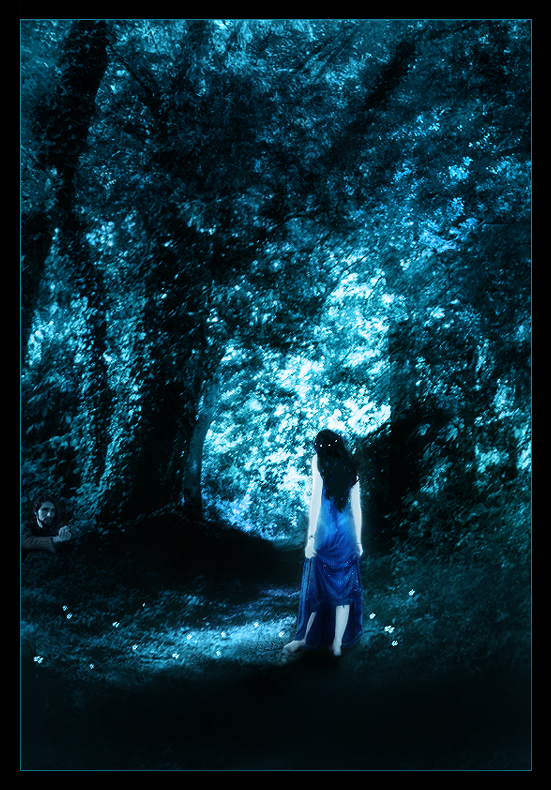It's not quite accurate for Wecks to refer to the Valar as 'gods' in the above paragraph. I do think Tolkien slides too much into the Platonic concept of the demiurge in his presentation of the Valar, but they are not "gods." Tolkien was quite clear in his grand mythology that there was only one God, Eru ('the One') also known as Illuvatar ('Father of All'), who created the Valar and everything else.Mr. Jackson, think of the stories you can tell. Just think! There is the story of the creation and the coming of the gods. There is the story of the great trees and the forging of the Silmarils. There is the story of the elves’ rebellion against the will of the gods and Feanor’s flight to reclaim the great jewels. What about Turin and the seven sons of Feanor? There are epic battles between elves and dwarves. We could see Durin look into the lake of Kheled-zaram and found the great city of Khazad-dum. Consider the overthrow of Morgoth. Think of whole armies of balrogs arrayed against a host of elves and gods as the great northern lands are plunged into the sea! This doesn’t even cover the second age with the rise of Sauron and the forging of the rings, the tragic but glorious fall of Numenor and the coming of the Kings of Numenor to Middle Earth.
To Wecks' main point, though: A film adaptation of The Silmarillion would be welcome.
By the way, in an earlier post Wecks nailed the biggest complaint I had in the LOTR film adaptation:
He's afraid Jackson's writing team is about to do the same with the character of Gandalf in the upcoming 3-part film adaptation of The Hobbit.My frustrations with Peter Jackson’s adaptation of The Lord of the Rings come not from changing the situations and scenery. Rather, they come from changing the characters in ways which destroy the ideals Tolkien meant for each of them to embody.
For example: In the book, Aragorn embodies nobility, confidence, and above all the willingness to risk everything to achieve something great. He is a great leader — just the kind of leader we would want to follow. In the movies all his nobility is stripped away, and he becomes just another angst-ridden man-child. The noble Aragorn of the books never for a moment considered Eowyn. He had his eyes set on Arwen, and they never strayed. In fact, he is very quick to distance himself from Eowyn in the books once he realizes her feelings for him. He is grieved that she loves him, because he does not want to cause her more pain. He is, above all, honorable.
Peter, Fran and Philippa must all have something against nobility of spirit and steadiness of purpose, because they also strip Frodo of the same characteristics: The Frodo of the book would never have sent Sam home. He of all people knew the power of the ring, and while he pitied Gollum, he could never have allowed Gollum to seduce him, because he understood, better than anyone in Middle Earth, just what the ring did to a person. No one would have been able to come between Frodo and the loyal Sam, especially not Gollum.
Characters matter. I will follow a filmmaker down many paths, but when they change the motivations of my beloved characters, they often lose me. This is especially the case when they make them more angst-ridden and emo like they did in LotR.
Okay, enough geekery for the day...

No comments:
Post a Comment